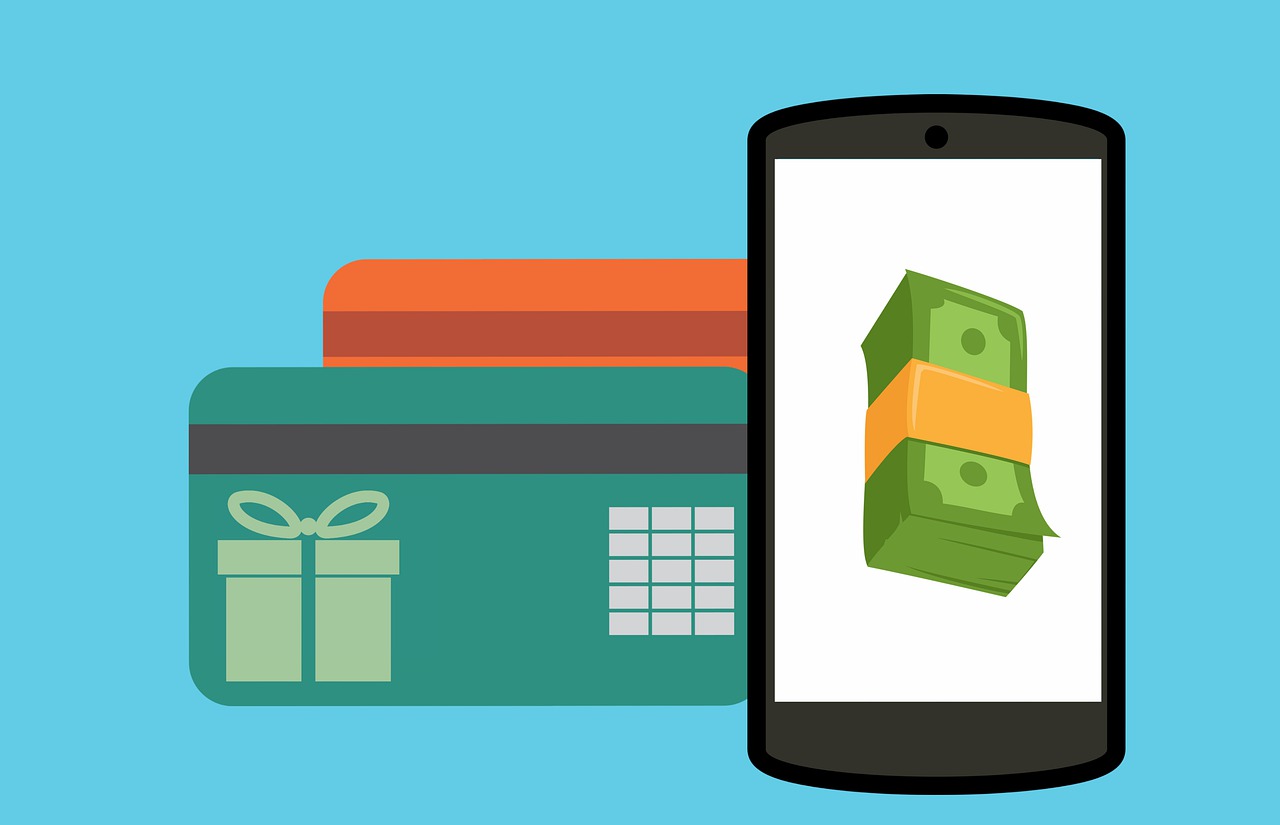A payment gateway service is neither a merchant service nor a financial entity. It facilitates e-commerce purchases by encrypting purchase information, checking validity, and decrypting responses between the website’s merchant account and the consumer’s bank or credit card company.
How do Payment Gateways Work With the Shopping Cart?
The e-commerce business’s shopping cart is configured to send transaction details to the gateway over a secured (SSL) connection. Payment gateways are a crucial component of the payment processing system and facilitate e-commerce in a number of ways:
- Credit card transactions are securely processed in real-time, rejecting or approving the payment in seconds
- Helps protect an e-commerce website’s reputation with quick, professional transactions
- Customers can shop and pay online 24/7, from anywhere in the world
- It guarantees safe, secure payment processing, reducing customer concerns and increasing sales
- Payment gateways reduce incidences of fraud and credit card chargebacks
Choosing the right payment gateway service is an important step in launching an e-commerce business. There are several considerations to keep in mind when deciding which service to use.
Payment Gateway and Shopping Cart Compatibility
When choosing a shopping cart package, ask several payment gateway providers each for a list of the shopping carts they support. Compare prices and features to ensure the options available are not prohibitively expensive for the level of service provided.
If the shopping cart package is already in place, ask for confirmation that the payment gateway service is compatible. The payment gateway must work with the website’s programming language (ASP, PHP, Perl, etc.). The web host must also be able to support the additional bandwidth or disk space required.
Address Verification System
Address Verification System (AVS) ensures that the credit card holder’s billing address matches the one on record with the card-issuing company. This is an important step in reducing an e-commerce business’s fraudulent transactions and credit card chargebacks.
The merchant account provider may offer a discounted rate to e-commerce businesses that use a payment gateway with AVS because of this reduced fraud risk. However, while AVS can reduce fraud, it will not eliminate it. Once the system is in place, check the settings to see how and when it will flag or stop questionable transaction attempts.
Gateway Integration
Payment gateway integration may require the help of a professional programmer. Check with the payment gateway provider or web host to see if they offer this service, how much it will cost, and what services are included. If the gateway requires a great deal of customization, contact a trusted freelance programmer or programming company for assistance.
When choosing a programmer, ask for references from websites they have previously integrated with a payment gateway. Check their local Better Business Bureau for complaints. Ask for a written quote and make sure a service contract is in place before paying any deposit.
Popular Payment Gateway Service Providers
Compare prices and services offered before selecting a payment gateway provider. Google Checkout and PayPal are popular with e-commerce businesses that require little to no customization. Other options include 2Checkout, Cyber Source, Link Point, and Verisign.
Taking the time to compare gateway service provider pricing, services offered and ease of integration is a necessary investment in facilitating payment processing and reducing e-commerce fraud.




